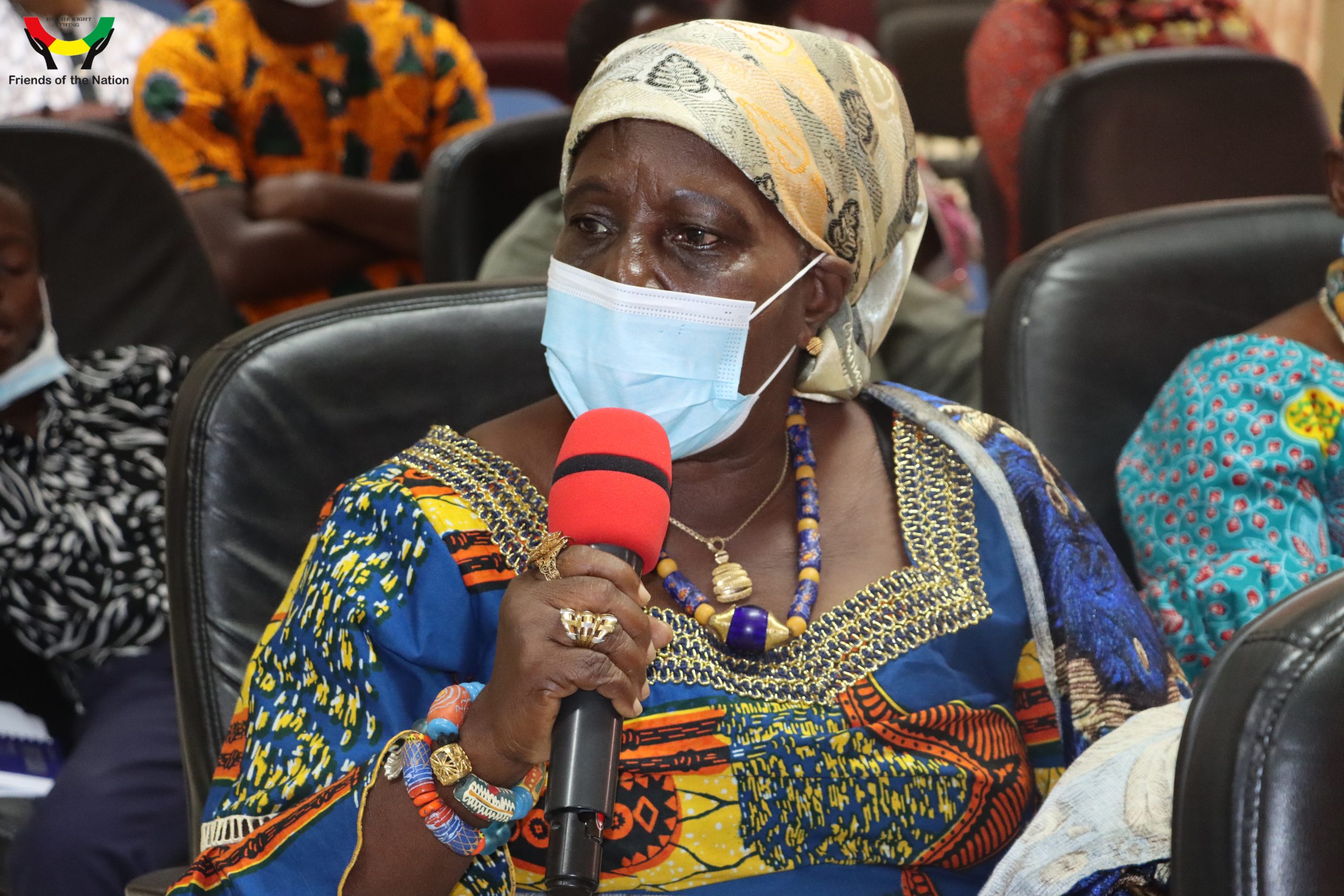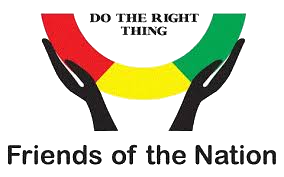Ghana’s impressive economic development is driven by primary commodity chains. Ghana is a leading producer and exporter of cocoa and gold, and recently started to produce and export oil. These three products—gold, cocoa and petroleum—account for more than 80 percent of total exports.
In 2018, the extractive sector accounted for 67% of Ghana’s exports, 18% of total tax revenues and 14% of the country’s GDP. Economic growth has been matched by significant reduction in poverty levels, but Ghana’s story is one of only partial success: inequality is on the rise and conflicts over land and natural resources are rife, pitting communities against armed security agents hired by companies.
Agricultural value chains and extractive industries are key to many of Ghana’s economic, social and environmental challenges. They cause human rights violations and conflicts, perpetuate inequalities and degrade the environment. The ceding of farmlands to mining has impoverished communities and impacted food production. Labour rights are being weakened in the large-scale mining sector due to outsourcing of employment, weak laws and limited enforcement of international standards. Multinational companies shape the terms and opportunities for participation of domestic interests so they can dominate the extractive sector in Ghana (solid minerals, oil and gas). State officials favor foreign investment and discriminate against local enterprises, communities, workers and peasant groups. Local people and civil society actors have only limited and selective access to political decision-making in the minerals, oil, gas and cocoa sectors to voice their needs and concerns
Women artisanal miners are exposed to health and environmental dangers and sexual abuse. In some communities, they dare not insist on their rights for fear of an enormous backlash from mining companies and even other community members and families. Citizens and community and labour activists who are assertive in demanding respect for human rights and transparency and accountability in policy processes, including budgets, are branded as criminals and have become targets for attack by mining companies and their agents. Investigative journalists and media personnel who criticize multinational companies also face harassment.
The Fair4All advocacy is designed to target each of the actors mentioned, to ensure fairness at each level of the extractive and cocoa value chains. These actions are led by Third World Network-Africa, Oxfam and partners.
